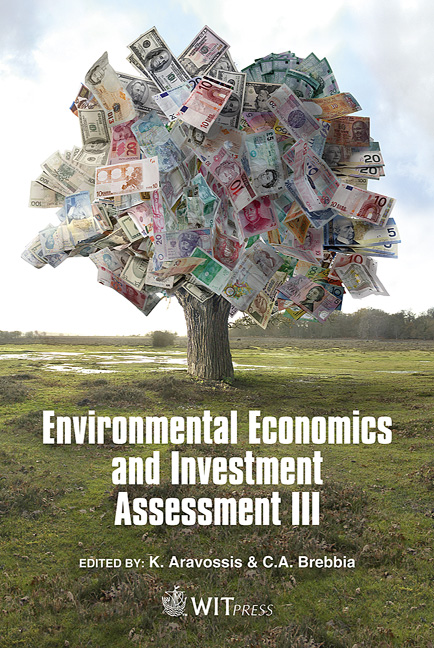The Impact Of The Emission Trading System On Companies’ Profitability: The Case Of Greece
Price
Free (open access)
Transaction
Volume
131
Pages
13
Page Range
3 - 15
Published
2010
Size
571 kb
Paper DOI
10.2495/EEIA100011
Copyright
WIT Press
Author(s)
K. Aravossis & G. Garoufi
Abstract
The European Union is in many respects a key player in the global efforts to curb emissions of greenhouse gases (GHGs). Maintaining the role of the frontrunner, the European Parliament and the Council established on 13 October 2003 a scheme of GHG emission allowance trading within the Community, the so-called Emission Trading System (ETS). Greece, as a Member State of the European Union, takes action in the field of the reduction of carbon dioxide (CO2) emissions. According to the Directive 2003/87/EC, the Greek government includes in National Allocation Plans (NAPs) the biggest polluters from each one of the energy demand sectors. More specifically, the Directive covers electricity industries, other industrial combustion installations, refineries, metal ore roasting and cindering installations, pig iron and steel production installations, cement clinker production installations, lime production installations, glass manufacture installations, ceramic production installations and pulp and paper production installations. The objective of this paper is to examine the impact of the Emission Trading System on the profitability of Greek companies included in the NAPs. On this basis, the quantities of carbon dioxide that every participant has emitted during each year of the period 2005-2008 are compared respectively to the quantity of emission allowances issued. The balance indicates whether the tradable allowances are responsible for the participants’ financial results (of their balance sheets).
Keywords
greenhouse gases, CO2 emissions, emission trading system, allowances, companies’ profitability





